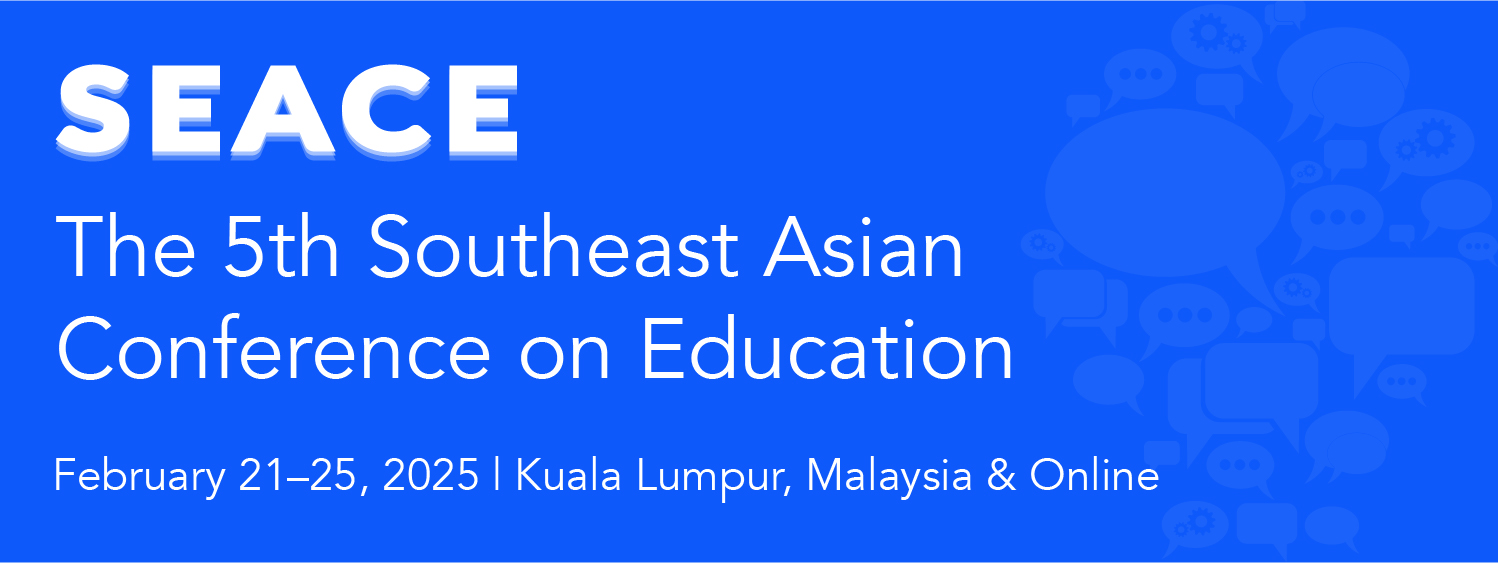Improving International Maritime Governance Through Reconceptualized Education (79309)
Sunday, 18 February 2024 09:30
Session: Session 1
Room: Sri Sachanalai
Presentation Type: Oral Presentation
The biggest challenge to environmental sustainability lies in the institutional setup of the global economy. From its creation, corporate power was enshrined to allow easier movement of corporations into new markets. This meant protecting foreign investors’ rights above national governments. This has enabled profit driven industries to limit local communities from accessing natural resources, while simultaneously weakening the international regulatory framework that would control their behavior. The result has been vast overexploitation and depletion of natural resources, and an especially important example are the oceans which feed millions in developing countries, particularly in Southeast Asia. Improving international governance performance on this topic has to start from within. A reconceptualization of mainstream education is necessary to include corporate governance issues that are currently ignored. The study and design of world knowledge is done through institutionalized curricula, and a shift to better understanding of current social power structures is needed. A sustained engagement with institutional actors and the questioning of their limitations are key to global governance improvement and alternative normative orientations. Education is the key survival mechanism of the marginalized in the under commons and literacy practice should include building critical understanding of what is lacking in current governance structures. It is more important than ever to build awareness of how our system of classification works if environmental sustainability and protection of local communities is to be achieved. That includes shifting the focus from political systems onto the private economy where real power lies.
Authors:
Assia Baric, Ewha Womans University, South Korea
About the Presenter(s)
Ms Assia Baric is a University Doctoral Student at Ewha Womans University in South Korea
See this presentation on the full schedule – Sunday Schedule





Comments
Powered by WP LinkPress